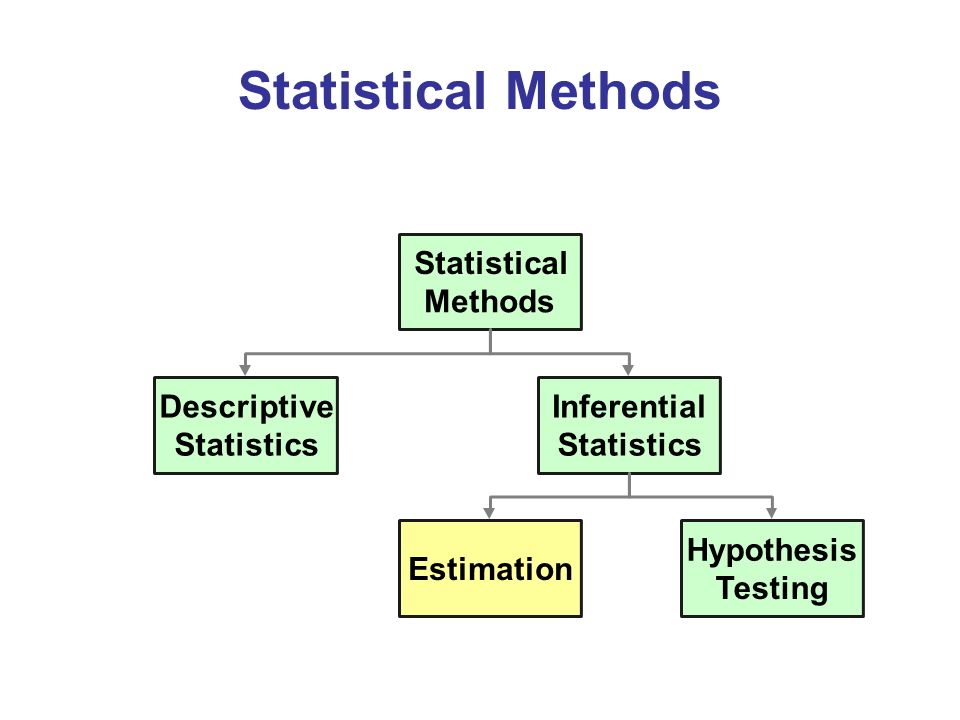We consider the design and analysis of multi-factor experiments using fractional factorial and incomplete designs within the potential outcome framework. These designs are particularly useful when limited resources make running a full factorial design infeasible. We connect our design-based methods to standard regression methods. We further motivate the usefulness of these designs in multi-factor observational studies, where certain treatment combinations may be so rare that there are no measured outcomes in the observed data corresponding to them. Therefore, conceptualizing a hypothetical fractional factorial experiment instead of a full factorial experiment allows for appropriate analysis in those settings. We illustrate our approach using biomedical data from the 2003-2004 cycle of the National Health and Nutrition Examination Survey to examine the effects of four common pesticides on body mass index.
翻译:我们认为,在潜在结果框架内,利用分因数和不完整设计进行多因数实验的设计和分析,这些设计特别有用,因为有限的资源使得完全因数设计不可行。我们将我们的设计方法与标准的回归方法联系起来。我们在多因数观察研究中进一步激励这些设计的作用,在多因数观察研究中,某些治疗组合可能非常罕见,因此在观察到的数据中没有相应的衡量结果。因此,设想假设的分因数实验而不是完整的因数实验,可以对这些环境进行适当分析。我们用2003-2004年国家健康和营养调查周期的生物医学数据来研究四种常见农药对人体质量指数的影响。




